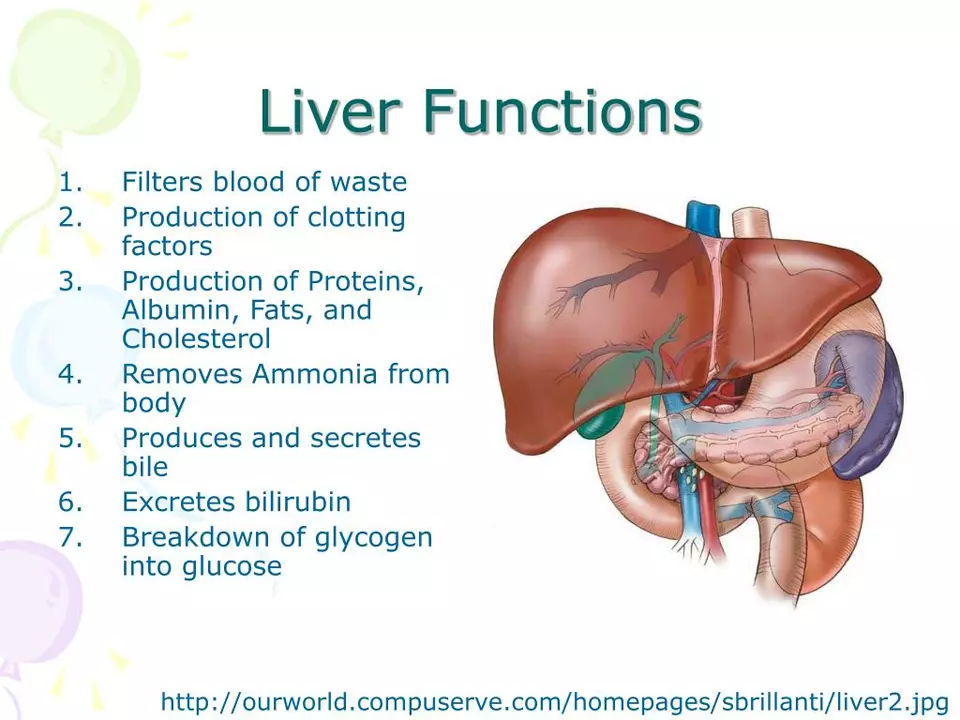Liver Health Guide – What You Need to Know
If you’ve ever wondered why the liver matters, you’re not alone. It’s the body’s main cleanup crew, turning food into energy, filtering toxins, and storing vitamins. When it’s running smooth, you feel good; when it struggles, fatigue, bruising, or yellow skin can show up fast.
Common Liver Conditions You Might Hear About
Most people hear the term “fatty liver” first. It happens when extra fat builds up in liver cells, often because of a high‑calorie diet or alcohol use. The good news is that lifestyle tweaks – cutting sugary drinks, adding exercise, and watching portion sizes – can reverse it for many.
Hepatitis B and C are viral infections that damage liver tissue over years. They’re treatable, but catching them early matters. If you have risk factors like shared needles or unprotected sex, talk to a doctor about testing.
Cirrhosis is the end stage of long‑term damage. Scars replace healthy tissue and can lead to serious complications. Symptoms include swelling in the legs, confusion, and bleeding easy bruises. If you see any of these signs, get medical help right away.
Buying Liver‑Safe Medications Online
Many over‑the‑counter (OTC) and prescription meds can stress the liver. Acetaminophen, certain antibiotics, and cholesterol pills are common culprits. Before you click “add to cart,” check if a drug has a known impact on liver enzymes.
At GenericDoctor.SU we list safe buying steps for every product. First, verify that the online pharmacy is licensed – look for a clear address, pharmacist contact info, and a valid prescription requirement when needed. Second, compare prices but don’t pick the cheapest if the seller seems shady; fake pills can damage your liver more than the real thing.
When you order a medication like atorvastatin (the generic name for Lipitor) or any other drug that works on cholesterol, read the side‑effect section. If you already have liver disease, ask a pharmacist if a lower dose is safer. Many sites also offer “liver‑friendly” filters that hide products with high hepatotoxic risk.
Finally, keep a list of everything you take – prescription, OTC, and supplements. Sharing this list with your doctor lets them spot dangerous combos before they become a problem.
In short, protecting your liver is about smart choices in food, drink, and meds. Use reputable online pharmacies, stay informed about each drug’s liver impact, and don’t skip regular check‑ups. Your liver works hard for you; give it the respect it deserves.

The Role of the Liver in Angioedema
As a blogger, I've recently been researching the role of the liver in angioedema. I discovered that the liver plays a crucial part in the production of proteins that regulate blood vessel permeability, which can affect angioedema symptoms. I also learned that liver dysfunction can lead to an imbalance of these proteins, potentially worsening the condition. It's fascinating to see how various organs in our body are interconnected and how important it is to maintain liver health. I'll definitely keep exploring this topic and share more updates with you all!
Read More